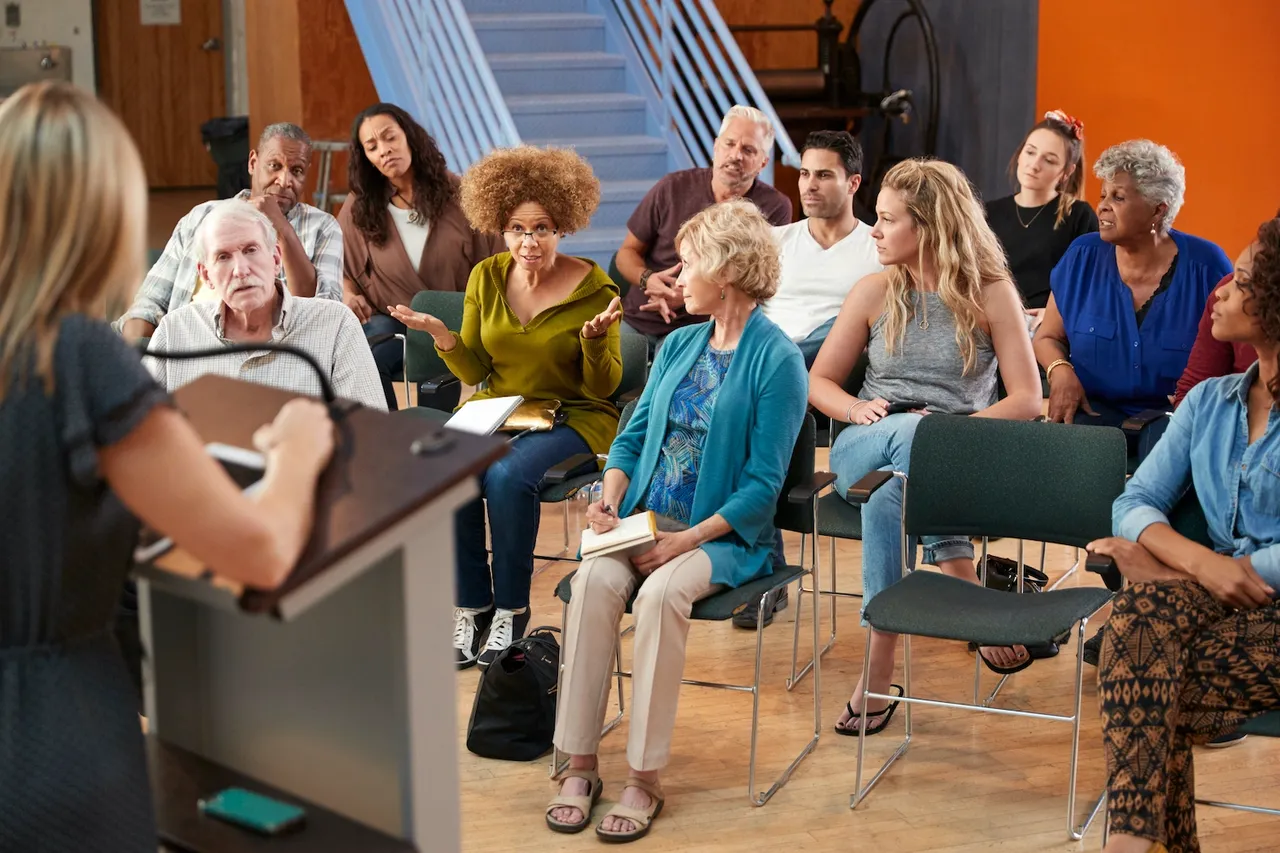Advocating for Change? Start In Your Community
Ever see something on TV or in the paper that makes you upset and think “This is awful! What can I do?” We often look to our highest leaders like the President or Congress and tell them to do something. Sure, when something garners national attention, they may step in if enough people speak up.
But do you want to know how you can make the biggest impact for change?
Start local.
Turn to your mayor, council members, school board representatives, and other community leaders; they’re the ones who are more likely to listen to our needs and make decisions that directly impact you.
Collaborative relationships between communities and local government make community engagement necessary as it enables a better understanding of the community’s needs, and is likely to lead to more equitable, sustainable, and inclusive public decisions to improve where we live. When you are part of the decision-making process, elected officials and policymakers are better informed, can meet the community's needs and be held accountable.
The people who work for your city or town are the people you want to get to know. Getting involved in local government is the best way to stay engaged, advocate for change and make a direct impact on your community.
Here are simple ways to get to know your community leaders and to help create meaningful change:
Attend City Council Meetings
These are the issues that surround the community you live in and affect you the most directly. This is your opportunity to be informed of what’s happening in your town and to speak with your local leaders to share your issues, concerns, and ideas with people who can work quickly to create change. They are the most accessible elected officials because these people are your neighbors. You can call, send an email or engage on social media. These are the people responsible for fixing potholes, setting tax rates, generating revenue and passing ordinances. Simply put, they make laws.
Want to be a part of the decision-making in your community? Take a look at the agendas and show up for the evenings when those decisions are being made. You’ll hear about major issues in your community and hear from passionate neighbors with a point of view.
If you’re not sure where to start, visit your city or county’s government page to find when and where the next council meeting is being held.
Volunteer for Boards and Committees
One of the best and most effective ways to have your voice heard is to participate in one of these groups. Most communities have civic associations that represent their neighborhood. There are also committees and commissions that oversee a specific area of concern, such as transportation, housing, public safety, education or the environment. Elected officials and policymakers often rely on the input of residents when making a decision and will reach out to hear from a community group.
Here’s something you can do: ask neighbors if there’s a civic association. Find what you’re passionate about and see if there’s a committee for you to contribute. It’s a great way to assert yourself and become an expert in that field for your town.
Organize!
If there isn’t a group for a cause you believe in, then start one! Rally others who are also passionate about your concern and start talking about how you can work together to take action. Your voice is louder when there are others who can help amplify your message.
Remember, whenever you can, amplify the work of existing Black and Brown-led initiatives. Sometimes you just have to ask around to learn there’s a group already doing the work and can use your help.
When you feel you’ve done all that you can as a volunteer, but are striving for more, may we suggest you consider running for city council? ;)
Ready for action? Here are some resources to help you to be a part of your community and advocate for change:
Community Advocates: What Does it Take? | The Campaign Workshop
Giving Voice: The Power of Grassroots Advocacy in Shaping Public Policy | Grantmakers in Health
Find your elected officials on the state, county, and city level here | USA.gov
Make Change Locally to Make Change Globally | Global Citizen

